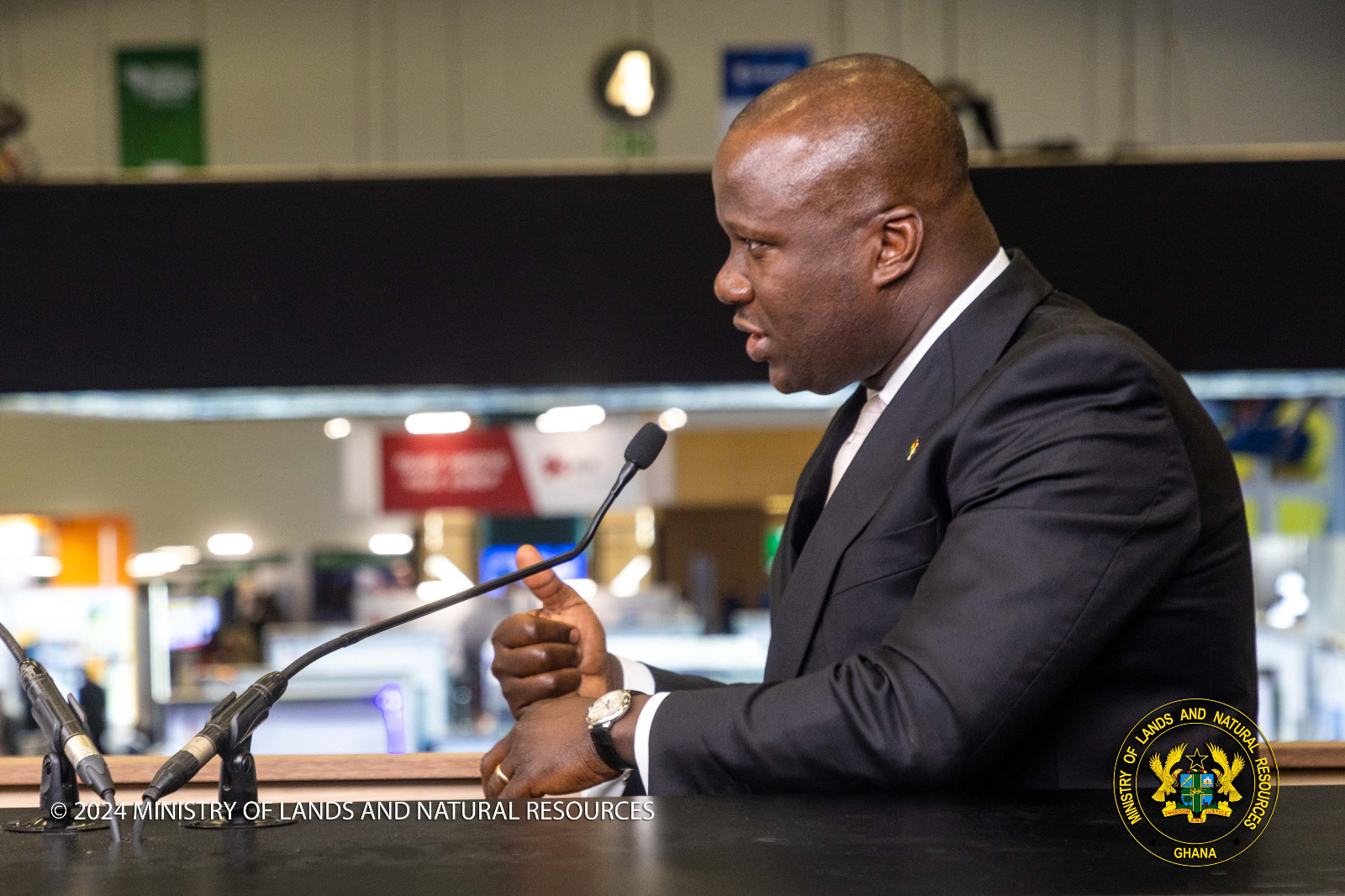


Professor Kwaku Gyebi Duodu, Head of the Department of Consumer and Food Sciences, University of Pretoria, South Africa, has identified the African Sub-region’s increasing rate of urbanisation as a key driver of both undernutrition and overnutrition.
He said while urbanisation often correlated with rising incomes, it also encouraged poor dietary choices due to increased demand for convenience foods, typically high in sugar, saturated fats, and refined carbohydrates, but low in fibre and nutrients.
This, he noted, contributed significantly to malnutrition across the region.
Prof. Duodu made the remarks at the opening of the Fourth Biennial Science and Development Conference, organised by the College of Basic and Applied Sciences of the University of Ghana, in Accra on Wednesday.
The three-day conference is on the theme: “Sustainable Solutions for Energy, Food Security, Environment and Health.”
On food security and health, Prof. Duodu described Africa’s “triple burden of malnutrition,” undernutrition, micronutrient deficiencies, and rising rates of overnutrition and non-communicable diseases such as diabetes and cardiovascular disease.
He cited World Health Organisation (WHO) and Food and Agriculture Organisation(FAO) data, showing a steady rise in food insecurity from 2015 to 2022, particularly in Central, East, and West Africa.
“The nutrition transition in Africa, marked by a shift from traditional diets to energy-dense, ultra-processed foods, is driven largely by urbanisation and rising incomes,” he said.
Prof. Duodu presented data showing a steady increase in urbanisation rates in Ghana and across sub-Saharan Africa, and explained how this demographic shift was fuelling diet-related health challenges.
He said sustainability had evolved over decades, referencing key milestones such as the 1972 “Limits to Growth” report, the 1987 Brundtland Commission’s “Our Common Future,” the 1992 Earth Summit, the 2000 Millennium Development Goals, and the current Sustainable Development Goals, which he described as the blueprint towards achieving sustainable development by 2030.
Prof. Duodu emphasised the interconnectedness of energy, food security, environmental protection, and health, saying they must be addressed together for sustainable progress.
“Energy is the engine of Africa’s development. Yet we continue to face energy poverty despite our abundant renewable resources,” he said.
He underscored the need to expand rural electrification, invest in energy efficiency, and adopt decentralised energy systems.
Prof. Duodu called for greater investment in climate resilient indigenous crops such as sorghum, millet, and legumes, which are nutrient-rich and well-suited to Africa’s agro-ecological conditions.
Madam Salome Azevedo, Managing Director of Nestlé Ghana Ltd, and Guest of Honour for the event, emphasised the critical role of industry in confronting the interlinked challenges of energy, food security, environmental sustainability, and public health.
“Our world is undergoing rapid changes because of human activities,” she noted, citing altered weather patterns, food insecurity, water scarcity, and the spread of diseases as some of the major impacts.
She called for urgent sustainable solutions, stating that the manufacturing sector, in particular, had a crucial responsibility to mitigate climate change through innovative practices that reduced emissions and encouraged environmental stewardship.
Madam Azevedo highlighted Nestlé Ghana’s transition to renewable energy, including the installation of solar panels on the roof of its Tema factory.
Covering over 16,400 square meters, the system generates more than two megawatts of solar energy, meeting approximately 36 per cent of the factory’s daytime power needs.
The company also uses Renewable Energy Certificates to bridge the green energy gap, and has introduced electric forklifts to replace traditional LPG-powered ones, reducing its carbon footprint further.
Madam Azevedo said Nestlé Ghana purchased 100 per cent of its cocoa through sustainable means under the Nestlé Cocoa Plan.
She pointed to investments in agronomic training and funding for local farmers as examples of how industry can support community well-being while ensuring a steady supply of high-quality raw materials.
The Managing Director said Nestlé’s recent investment of GH¢175 million in its CERELAC® plant in Tema, which had expanded production capacity and created jobs.
Madam Azevedo emphasised the importance of cross-sector collaboration, saying, “the role of industry in tackling the critical challenges of energy security, food security, environmental sustainability, and public health is vital to our collective future.”
“Together, our individual actions can create a powerful constructive collaboration, reinforcing our commitment to a sustainable future,” she said.
Source: GNA
The post Urbanisation driving undernutrition, overnutrition in Sub-Saharan Africa – Food Chemist appeared first on Ghana Business News.
Read Full Story



















Facebook
Twitter
Pinterest
Instagram
Google+
YouTube
LinkedIn
RSS